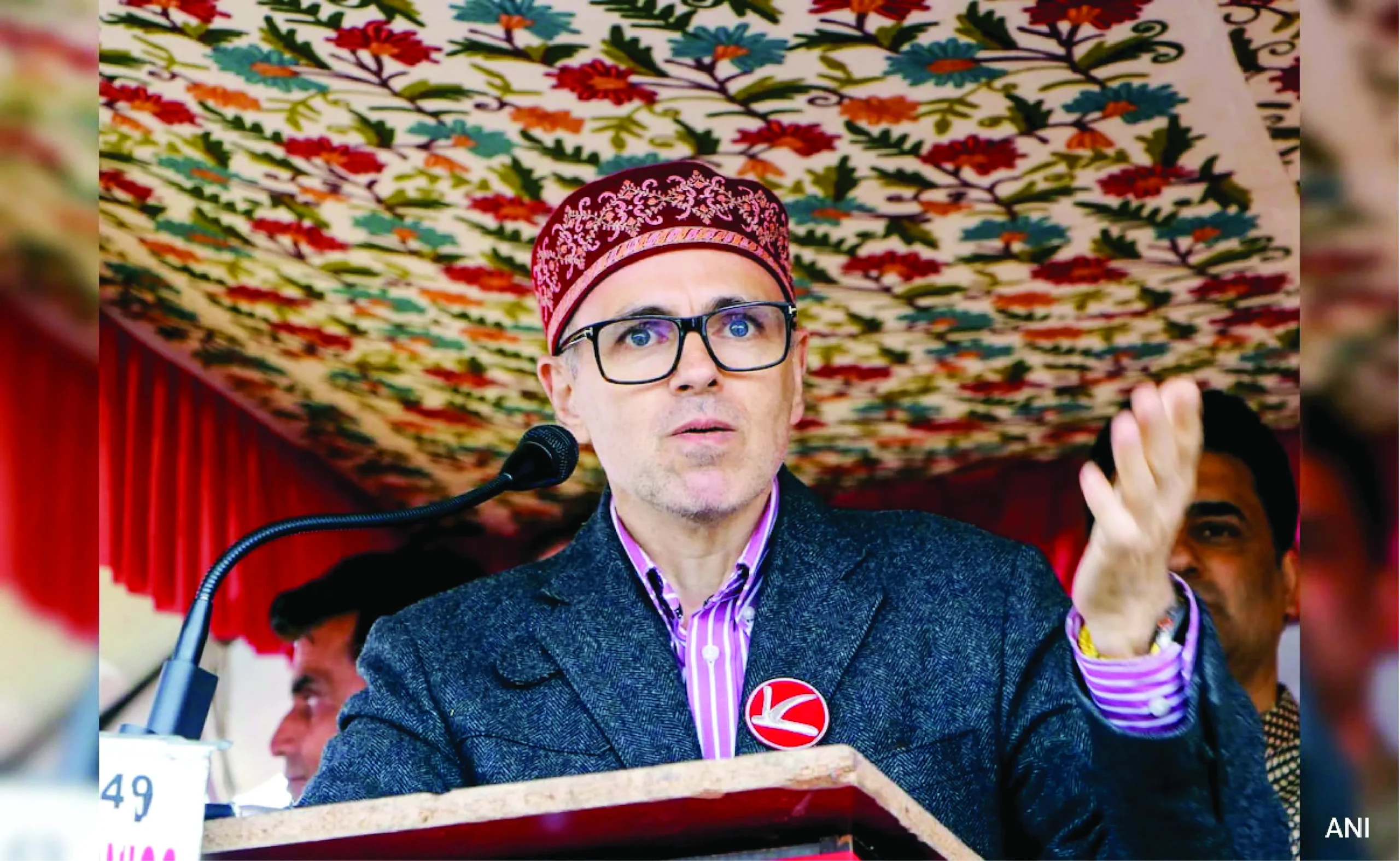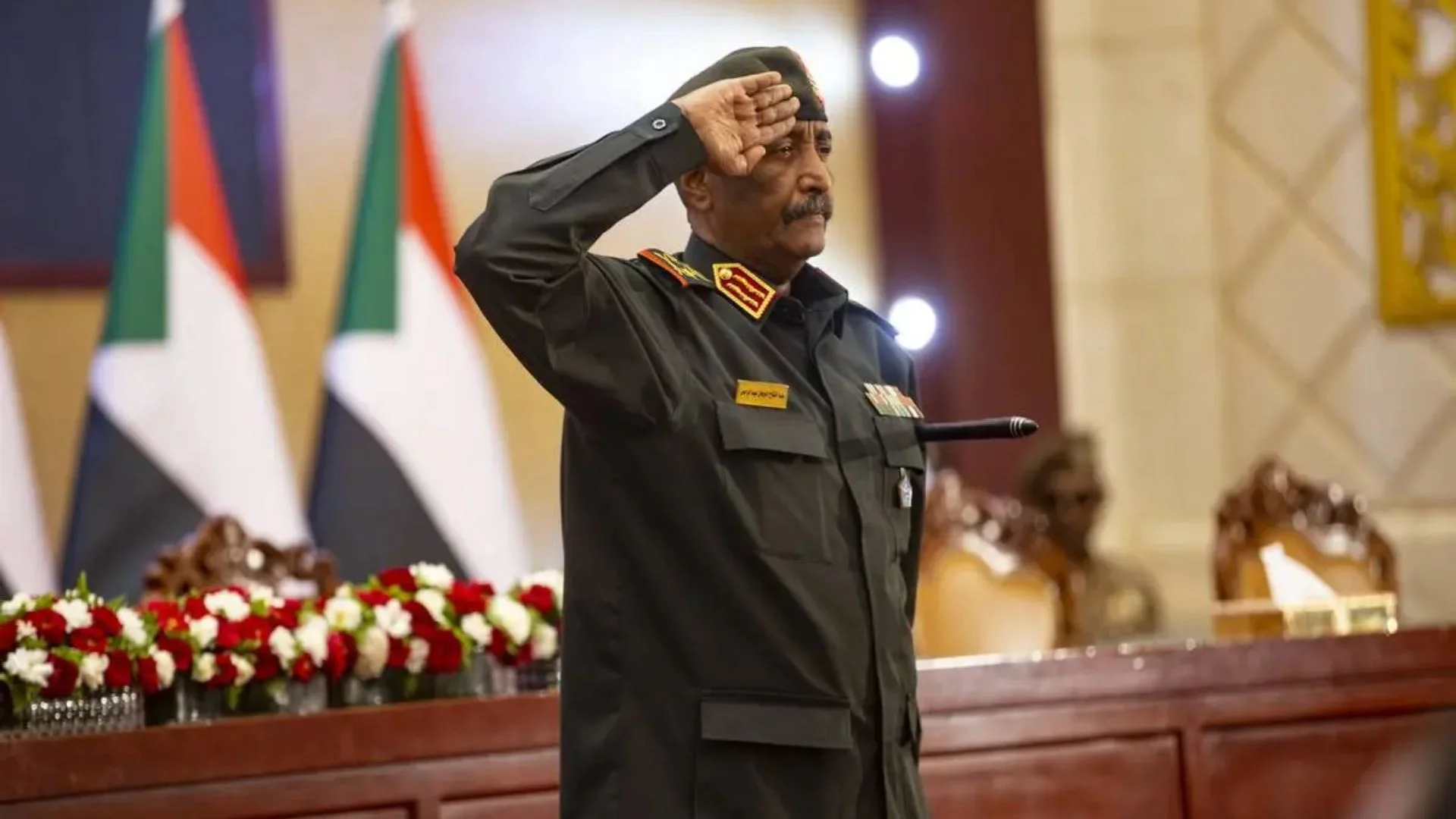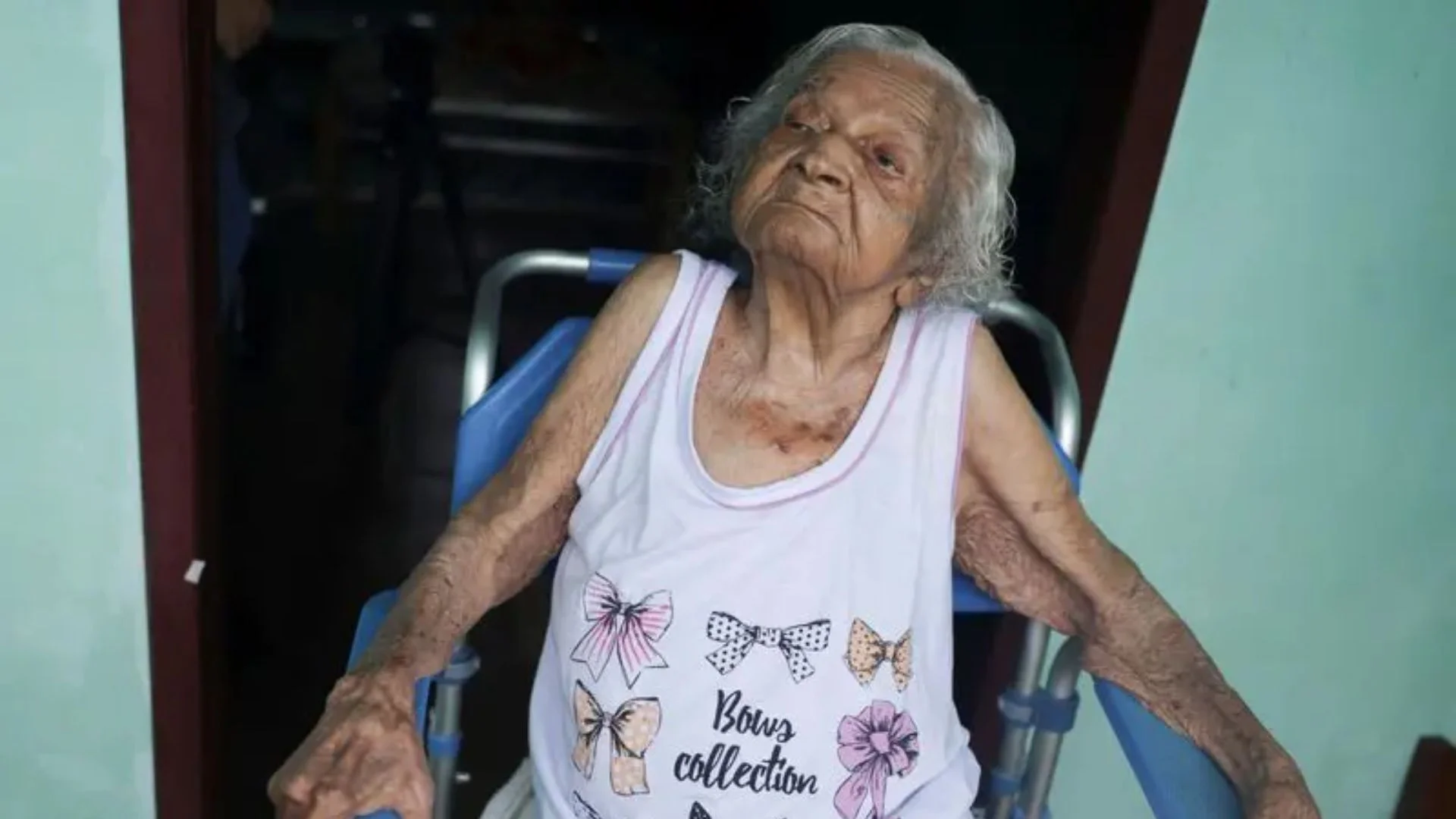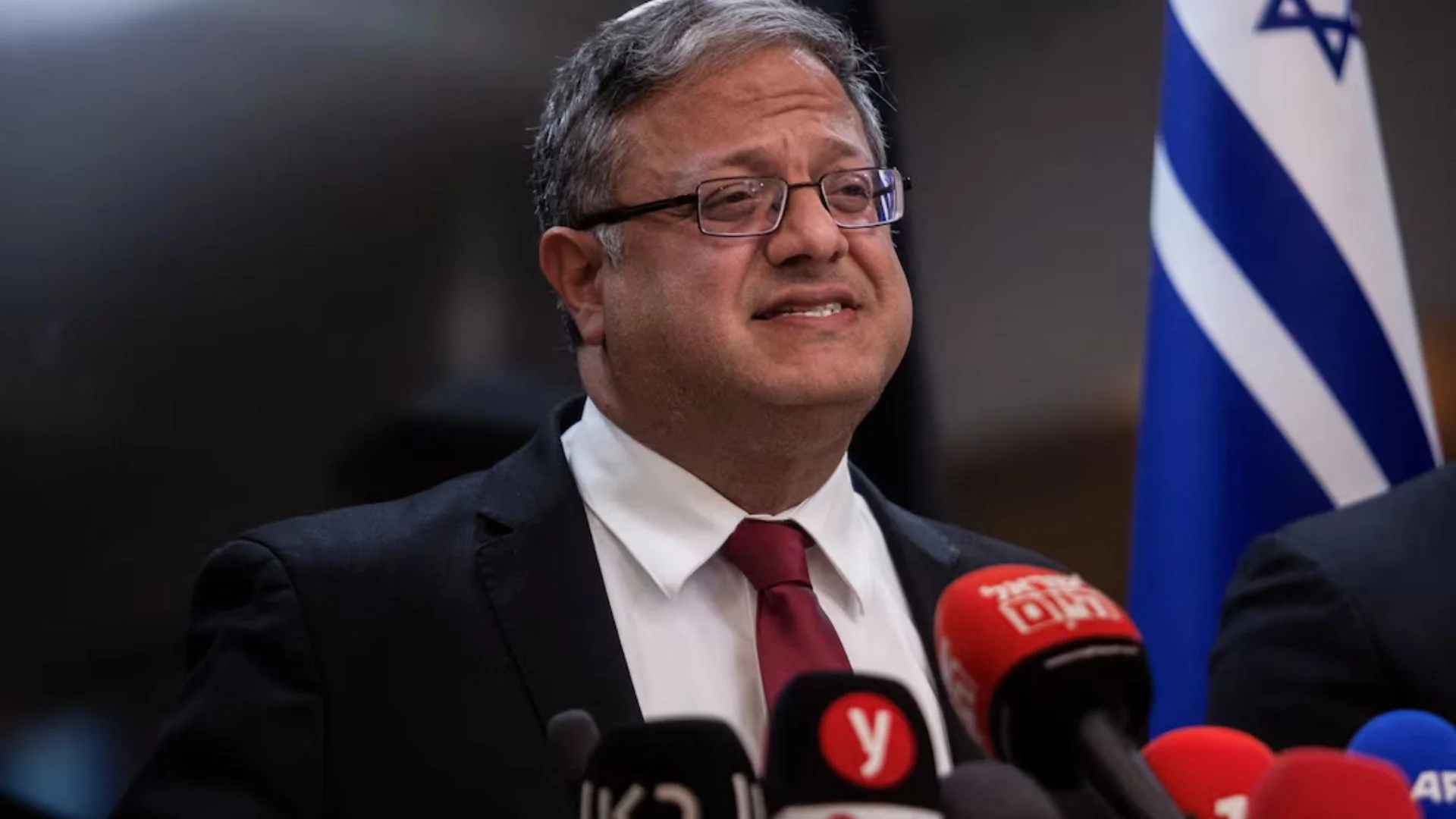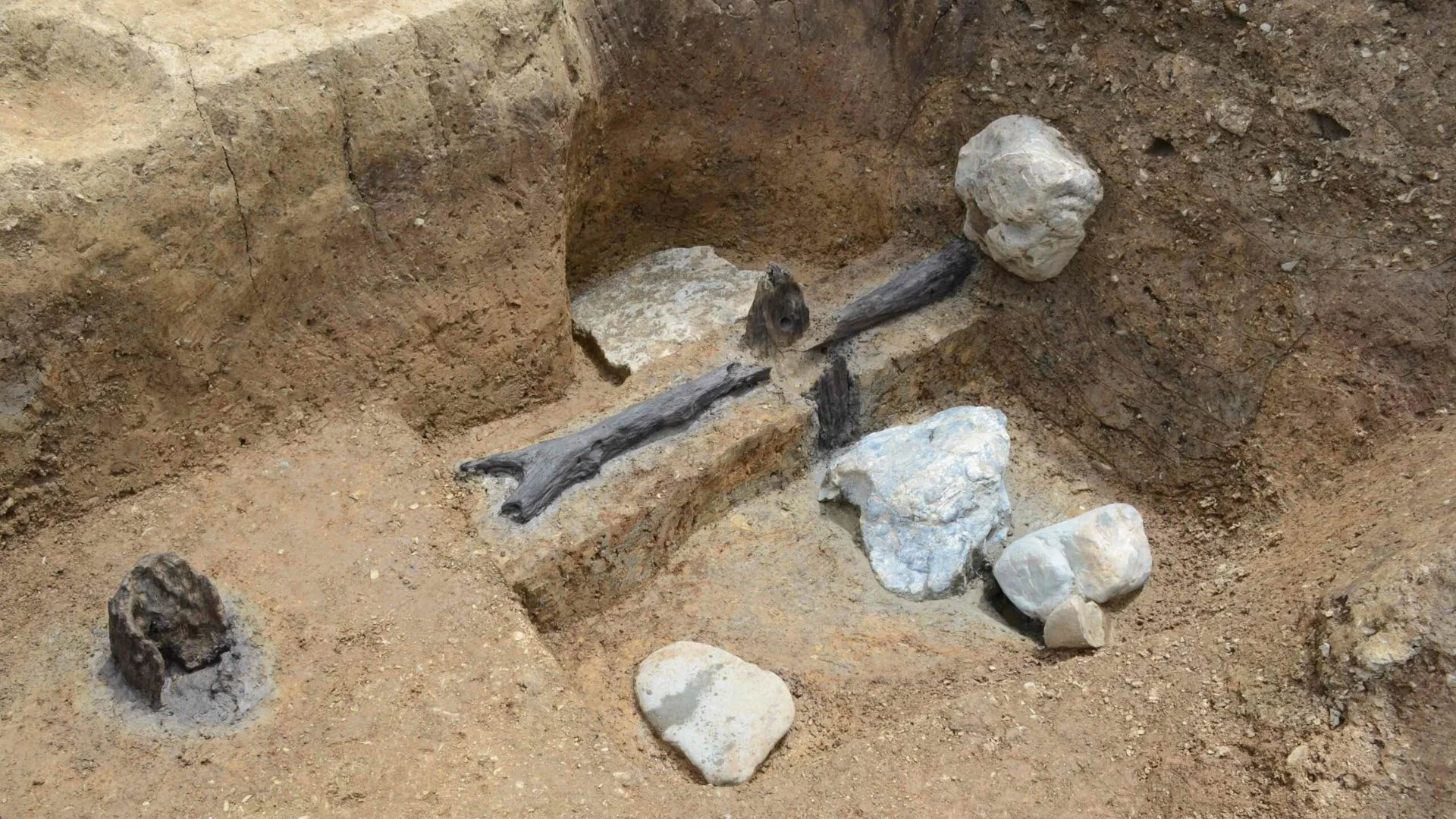This week will mark a momentous occasion for India, as it will see the rise of a tribal leader to the post of President of India. Given the support that Droupadi Murmu has been getting, her victory is certain, with the counting of votes and declaration of result a mere formality. With her ascension, Droupadi Murmu will be the second woman to be President of India, which too is greatly significant for the women’s rights movement in India and for women’s empowerment. Her election is in keeping with Prime Minister Narendra Modi’s policy, nay, mission of giving the unsung and the unheard-of their due place in the limelight—and we have seen this in the selection of the Padma awardees as well, to give just one example. It would have been perhaps unimaginable even a decade ago that a tribal leader, who has risen in public life on her own merit, could come to occupy the highest Constitutional post of the country, and take charge as the commander in chief of the armed forces. Droupadi Murmu, soon to be President Murmu, has been a grassroots leader all her life, has struggled and has worked her way up from the time she joined politics and later was elected as a councillor in the Rairangpur Nagar Panchayat in Odisha. She has had an illustrious track record as an MLA and minister in Odisha, and then as Governor of Jharkhand. In spite of once being a part of the Bharatiya Janata Party, which appointed her as Jharkhand Governor, in her six-year tenure (2015-2021), she was known for being non-partisan, apart from being concerned about the welfare of the people. This became apparent when in 2017 she refused to give her assent to Jharkhand’s then BJP government’s amendments to the Chhotanagpur Tenancy and Santhal Pargana Tenancy Acts that allowed tribal land to be used for commercial purposes. There was major opposition to the state government’s decision among the tribal population of the state and the Governor returned the amendments, reportedly by listing all the objections. Amidst all this, she has had to face the great personal tragedy of losing her husband and two sons, a loss she has borne with fortitude.
Given Murmu’s background, her elevation to the post of President amounts to recognition for the communities that are forced to stay on the margins of society, which should also explain the support she is receiving from non NDA parties such as BJD, YSCRP and JMM, among others. All of them of course have considerable tribal voters in their respective states and do not want to be seen as stopping a tribal leader from becoming President. In fact, there need not have been a contest for the post of President, this time. Droupadi Murmu should have been the consensus candidate for both the ruling alliance and all the Opposition parties. But in India, all-party consensus is a chimera, with even the nation’s foreign policy, which is supposed to be above partisan politics, falling victim to these politically polarized times. And so we have a “contest” in hand, with Mamata Banerjee, who wants to “head” the Opposition against the BJP, rushing in to take the lead by fielding Yashwant Sinha as the Opposition’s “joint” candidate. However, ever since, the West Bengal Chief Minister has shown a remarkable lack of enthusiasm to canvass for her candidate or even to invite him to her state. The buzz is that she has woken up to the probability of the adverse fallout for her party, TMC, in the tribal dominated districts in the western part of Bengal if she promotes Sinha against a tribal leader. There is also a buzz that some cross voting may have happened in favour of Murmu by some TMC MLAs, who belong to these districts. Amidst this, Tejashwi Yadav of the Rashtriya Janata Dal created a controversy by calling Murmu a “murti”, that is a statue. This was totally avoidable, given the gravity of the Constitutional post of the President of India, and given the fact that Droupadi Murmu is a self-made woman and a grassroots leader, with a mind of her own. Meanwhile, the Congress in Karnataka wanted all votes cast by the BJP in the state invalidated, even as a senior and seasoned politician such as Yashwant Sinha made “murder of democracy” his biggest campaign plank. Apparently, electing Droupadi Murmu amounts to murdering democracy. It is not known how the Opposition comes up with such gems. If parties and leaders want to be taken seriously, such frivolous utterances are best avoided. The need of the hour is a constructive Opposition, not opposing for the sake of opposition. As for the BJP, it is so happy at having Droupadi Murmu as the Presidential candidate, that a section of the party wants to take her to every tribal-dominated district of the country after she is elected, forgetting that the President of India is not a political figure and that Droupadi Murmu’s elevation transcends politics. Instead of looking at this Presidential election through the prism of politics, can’t a section of India’s political class celebrate it as the rise of the marginalized?





